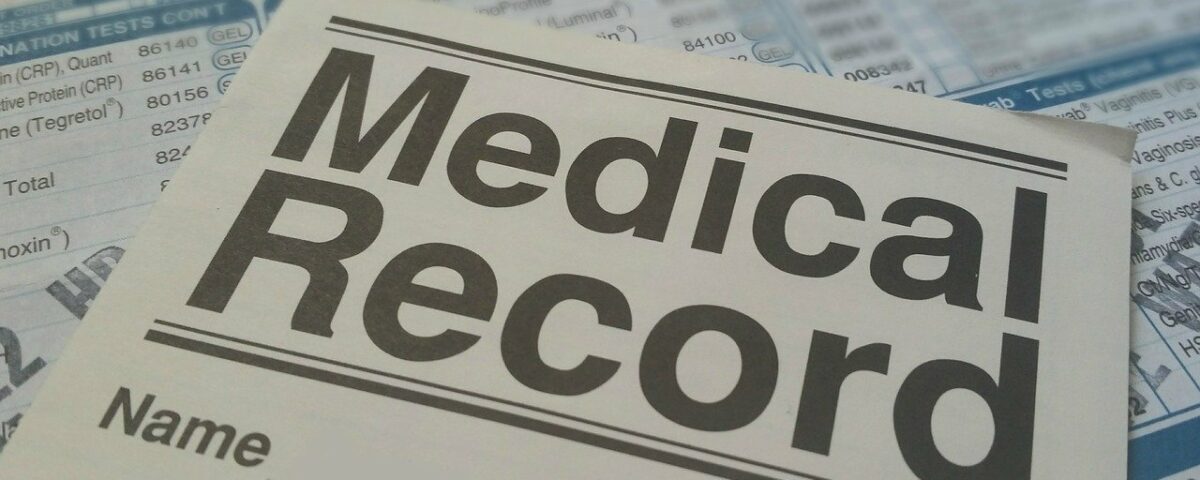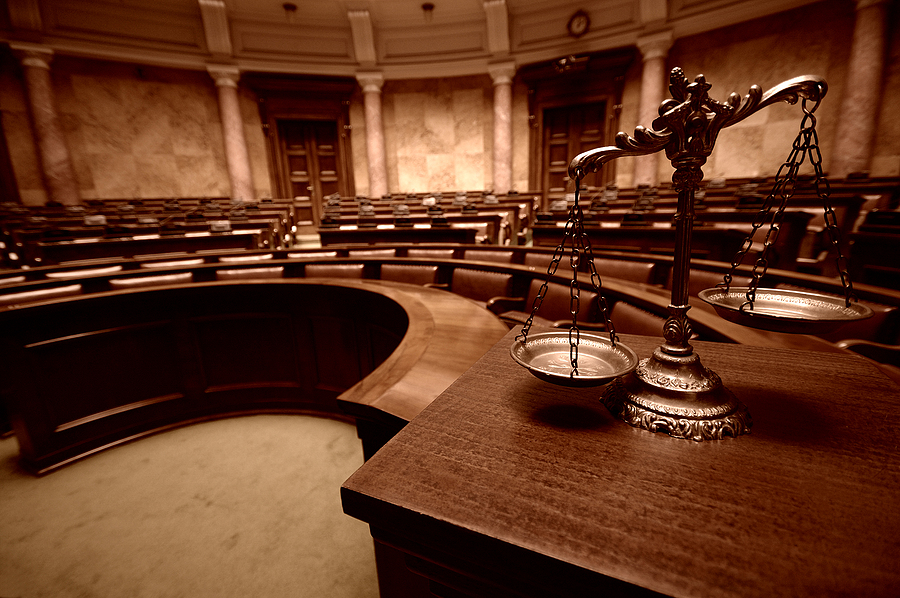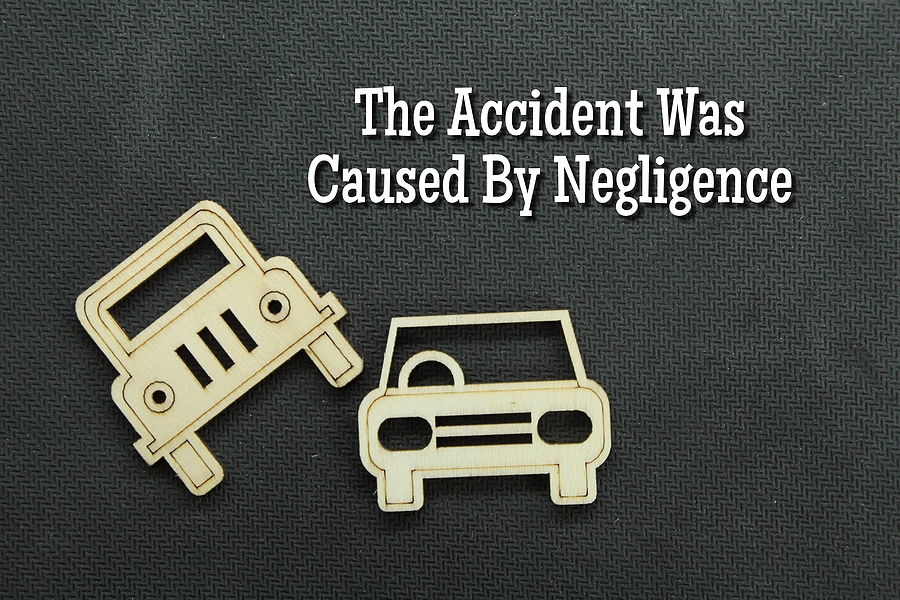Not Quite Calm After the Storm – How to Replace Your Lost or Destroyed Vital Documents
A Tradition of Excellence
 Sampling of Successful Case Resolutions
Sampling of Successful Case Resolutions
 Read our answers to some frequently asked questions.
Read our answers to some frequently asked questions.
Statement
 View Our Mission Statement
View Our Mission Statement

Do I Owe if I Lose the Case Represented by an Attorney on a Contingency Basis?
August 16, 2023
Liability, Responsibility, and Injuries Caused by a Trucking Accident
October 11, 2023How to Replace Your Lost or Destroyed Vital Documents
As many local residents take in displaced family from hurricane stricken areas – here are some tips to help recover lost legal documents:
As many local residents are experiencing a number of natural disasters and others kindly take in displaced family from disaster stricken areas – here are some tips to help recover lost legal documents:
Replacing all vital documents that were lost or destroyed in a flood, fire, or other disaster can be overwhelming. Although the process varies state to state, these general steps can help you get started.
- Replace your birth certificate. Find the vital records office in the state where you were born. Check to find out if you can obtain a certified copy of your birth certificate without any identification and follow the instructions. A few states don’t require a government-issued photo ID, or accept other solutions like a sworn statement of your identity. Some states allow your mother or father whose name is on the birth certificate to submit a notarized letter with a copy of their photo ID. If you do need your own government-issued photo ID to get a copy of your birth certificate, start with step 2.
- Replace your driver’s license. Get this first if you cannot get your birth certificate.This task varies state to state. In some states, you can do it online.
- Replace your marriage certificate. You’ll need a certified copy as proof if you changed your name when you got married. Contact the vital records office in the state where you were married.
- Replace your Social Security card. You will need a government-issued photo ID. Getting a replacement card is free.
- Replace your passport. Report your lost or destroyed passport to the Department of State. To apply for a new passport, you’ll need to fill out a form DS-11 and go to a passport acceptance facility or agency. You’ll need your birth certificate or a certified copy, and a government-issued photo ID.
- Replace other important documents. Your state or local election office can tell you how to replace your voter registration card. Contact U.S. Citizenship and Immigration Services to find out how to replace naturalization or citizenship documents. Learn how to replace other documents including Medicare and Medicaid cards, military id and federal employee IDs’
Government agencies usually mail replacement vital documents. But if your home was destroyed in a disaster, you might not be able to get your mail. Contact your local post office and ask if you can pick up your mail there or request to have your mail forwarded to a temporary location.
For more information and for full article visit https://www.usa.gov/replace-vital-documents
Important documents and information to keep safe and have with you
- Personal identification: Social Security cards, health insurance cards, and a list of current prescriptions.
- Financial information: Insurance policy numbers and contact information for those companies, copies of important financial and family records, including deeds, titles, wills, birth, adoption, and marriage certificates, passports, military records, and employee benefit and retirement documents. Note: Except for wills, keep originals in a safe deposit box or at some other location. If you have a will, ask your attorney to keep the original.
- Property ownership: Ownership records for your home, cars, RVs, or boats.
- Creditor contact information: Contact information for your creditors.
- Banking and investment information: A list of bank, loan, credit card, mortgage, debit and ATM, and investment account numbers.
- Financial information backups: Backups of the financial information you keep on your computer.
- Pet information: Medical, prescription, and vaccination records, along with current photos and ID chip numbers, in case you’re separated.
Tips for keeping your important documents and information safe:
- Store original documents in a safe deposit box or other secure location.
- Make copies of important documents and keep them in a safe place at home.
- Keep your financial information confidential and shred any documents you no longer need.
- Be careful about who you share your personal information with online.
- Use strong passwords and two-factor authentication for all of your online accounts.
By following these tips, you can help to protect your important documents and information from loss, theft, damage, or disaster.
Replacing all vital documents that were lost or destroyed in a flood, fire, or other disaster can be overwhelming. Although the process varies state to state, these general steps can help you get started.
- Replace your birth certificate. Find the vital records office in the state where you were born. Check to find out if you can obtain a certified copy of your birth certificate without any identification and follow the instructions. A few states don’t require a government-issued photo ID, or accept other solutions like a sworn statement of your identity. Some states allow your mother or father whose name is on the birth certificate to submit a notarized letter with a copy of their photo ID. If you do need your own government-issued photo ID to get a copy of your birth certificate, start with step 2.
- Replace your driver’s license. Get this first if you cannot get your birth certificate. This task varies state to state. In some states, you can do it online.
- Replace your marriage certificate. You’ll need a certified copy as proof if you changed your name when you got married. Contact the vital records office in the state where you were married.
- Replace your Social Security card. You will need a government-issued photo ID. Getting a replacement card is free.
- Replace your passport. Report your lost or destroyed passport to the Department of State. To apply for a new passport, you’ll need to fill out a form DS-11 and go to a passport acceptance facility or agency. You’ll need your birth certificate or a certified copy, and a government-issued photo ID.
- Replace other important documents. Your state or local election office can tell you how to replace your voter registration card. Contact the U.S. Citizenship and Immigration Services to find out how to replace naturalization or citizenship documents. Learn how to replace other documents including Medicare and Medicaid cards and military and federal employee IDs.
Government agencies usually mail replacement vital documents. But if your home was destroyed in a disaster, you might not be able to get your mail. Contact your local post office and ask if you can pick up your mail there or request to have your mail forwarded to a temporary location.
For more information and for full article visit https://www.usa.gov/replace-vital-documents
Important documents and information to keep safe and have with you
- Personal identification: Social Security cards, health insurance cards, and a list of current prescriptions.
- Financial information: Insurance policy numbers and contact information for those companies, copies of important financial and family records, including deeds, titles, wills, birth, adoption, and marriage certificates, passports, military records, and employee benefit and retirement documents. Note: Except for wills, keep originals in a safe deposit box or at some other location. If you have a will, ask your attorney to keep the original.
- Property ownership: Ownership records for your home, cars, RVs, or boats.
- Creditor contact information: Contact information for your creditors.
- Banking and investment information: A list of bank, loan, credit card, mortgage, debit and ATM, and investment account numbers.
- Financial information backups: Backups of the financial information you keep on your computer.
- Pet information: Medical, prescription, and vaccination records, along with current photos and ID chip numbers, in case you’re separated.
Tips for keeping your important documents and information safe:
- Store original documents in a safe deposit box or other secure location.
- Make copies of important documents and keep them in a safe place at home.
- Keep your financial information confidential and shred any documents you no longer need.
- Be careful about who you share your personal information with online.
- Use strong passwords and two-factor authentication for all of your online accounts.
By following these tips, you can help to protect your important documents and information from loss, theft, damage, or disaster.










